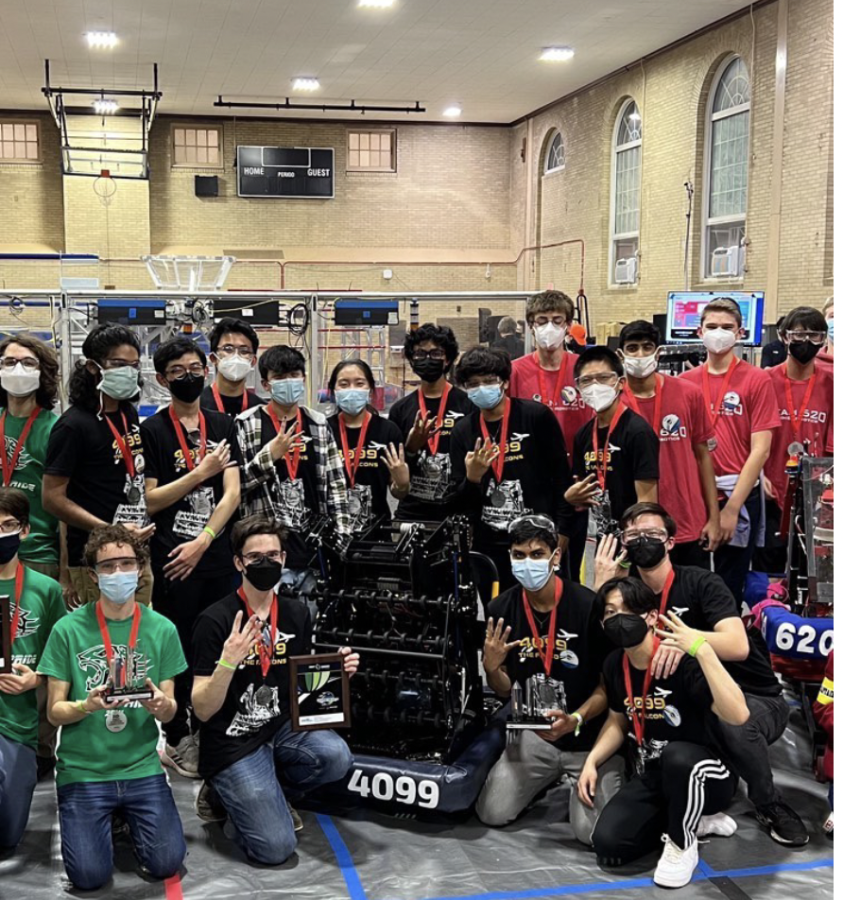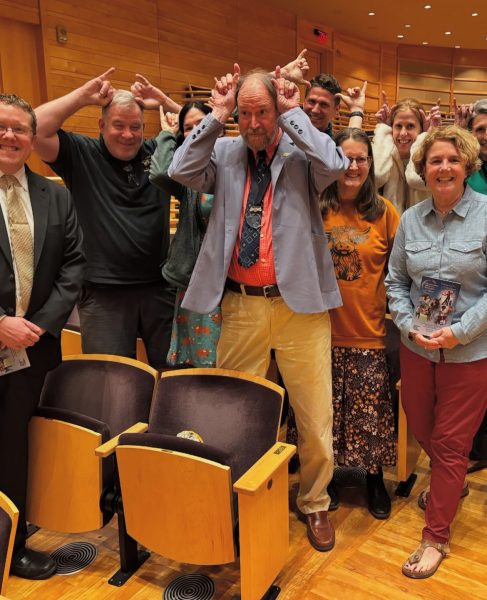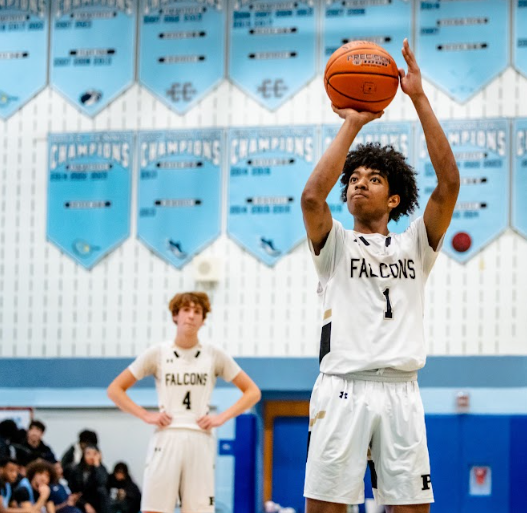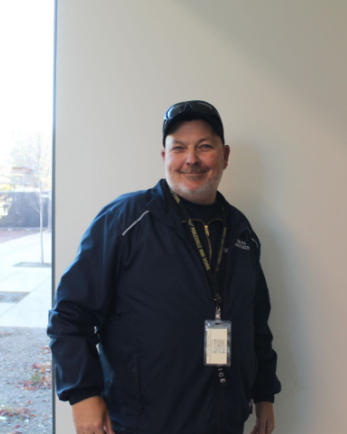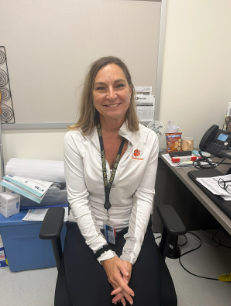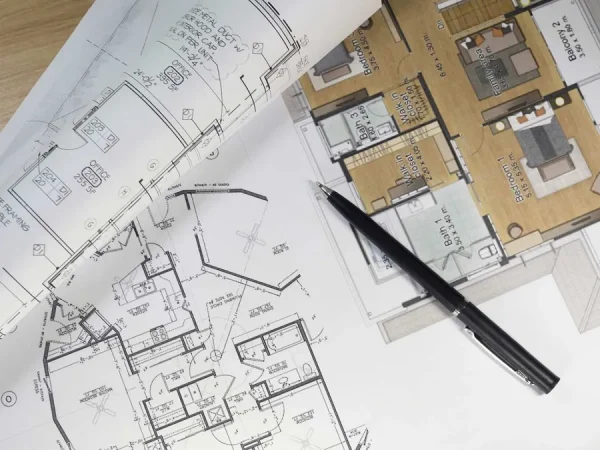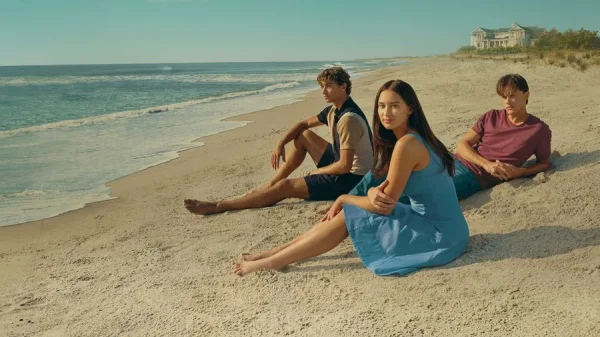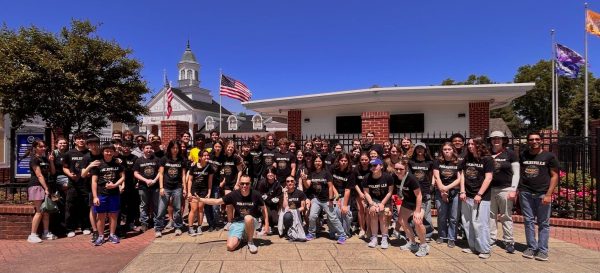Featured Falcon: Robotics’ team mechanical lead Rehan Kabir
The PHS Robotics team has recently begun competition season, representing Team 4099 for the FIRST Robotics Competition. In the spirit of their recent wins, The Pulse decided to interview the mechanical lead of the team, junior Rehan Kabir.
How long have you been interested in engineering?
I’ve been interested in engineering since middle school, but since I joined the FRC team in sophomore year, my interest and experience in the field grew a ton.
How time-consuming is the club? Would you feel it is worth it?
During competition/build season (Jan.-April), meetings are every day after school for three hours, but a bunch of us stay later anywhere from three and a half to six hours to get more work done. We pretty much have a month to a month and a half to build a robot from scratch. During the offseason (May-Dec.), meetings happen sporadically to train new members and practice. Included in the offseason, we run robotics summer camps for younger kids to raise money for our team. So, overall, it’s decently time-consuming, but people can come and go as they please; it really depends on how much you want to do for the robot and for the team and how committed you want to be. I definitely feel like it’s worth it because there are so many different skills in programming, mechanical design, and electrical [engineering] that we learn as well as stuff like problem-solving, debugging, and collaborating that can definitely help us in the future.
Is there a particular creation that you’re specifically proud of? If so, can you describe it?
I mean, every year we build a cool robot that I’m very proud of.
[T]his year, we were successful at some stuff that we tried to but haven’t been successful at in the past. Our autonomous routine actually worked consistently during competition. During autonomous mode, drivers can’t control the robot; the robot has to move by itself, pick up balls, and shoot, and this year, we were actually able to implement good, functional paths with a couple of new libraries that we used in code. This mainly consisted of taking values from a simulation software, plugging them into code, and doing a lot of tuning so the robot was on target. We had to implement path error checking to account for physical obstructions that could get in the way. It was a pretty arduous process actually, but it ended up working and giving us high-ranking points in competition.
Can you detail the process of starting a new project? Are there any rituals or routines you always come back to?
At the start of build season, we get this year’s game (we build robots to compete in a game and get points) revealed to us. We do a lot of analysis on the best way to get points and what mechanisms and parts we would need to fulfill those goals. Then after picking certain goals to stick with, we start designing the robot on a coding software called OnShape. It’s usually designed with high precision, going down to each screw being the right dimension and type. Then we start ordering parts and building the robot; we may prototype to test certain things beforehand. After the robot is fully built, then we start testing autonomous and driver cycles and make tweets where necessary. For each of these things, we have pretty set processes that we use to carry out what we have to do and stay a functioning team, and it’s worked out for us pretty well this year. Rituals… I’d say that we have one of the best team-spirit chants during competition: we’re unmatched in volume.
How do you plan on incorporating the skills you learned in this club into your career or college aspirations?
With all these new computer science and engineering skills that I learned, I’m a lot more interested in pursuing engineering as a major in addition to just computer science. With this focus, a career path that I’d really be interested in is working at a place like Boston Dynamics, which creates humanoid robots that do cool tasks and help people do stuff. My internship, currently and probably in the future as well, is robotics-related with a machine learning interface, and I really like the machine learning aspect of the field because there’s so much potential to innovate unbelievable things with just a little more research.
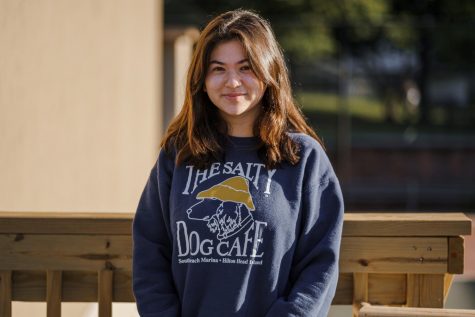
Sara Medwin is a senior in the Humanities program. This is her second semester writing for the Poolesville Pulse; she joined the staff at the beginning...
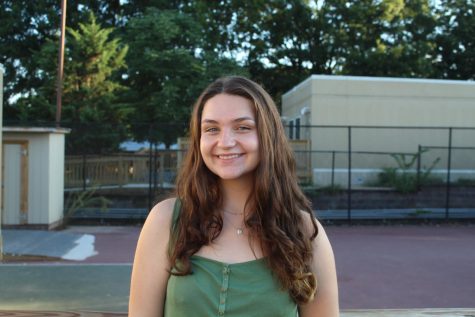
Kaitlyn is a senior in the Humanities Program. This is her second year with The Pulse but her first year as a Copy Editor. Her favorite book is Slouching...
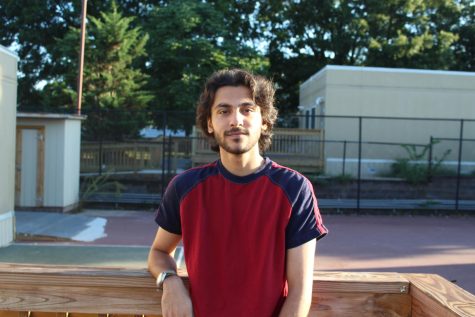
Aarsh is a senior in the Humanities program. This is his second year with The Poolesville Pulse and first year as a Copy Editor. Outside of school, he...


